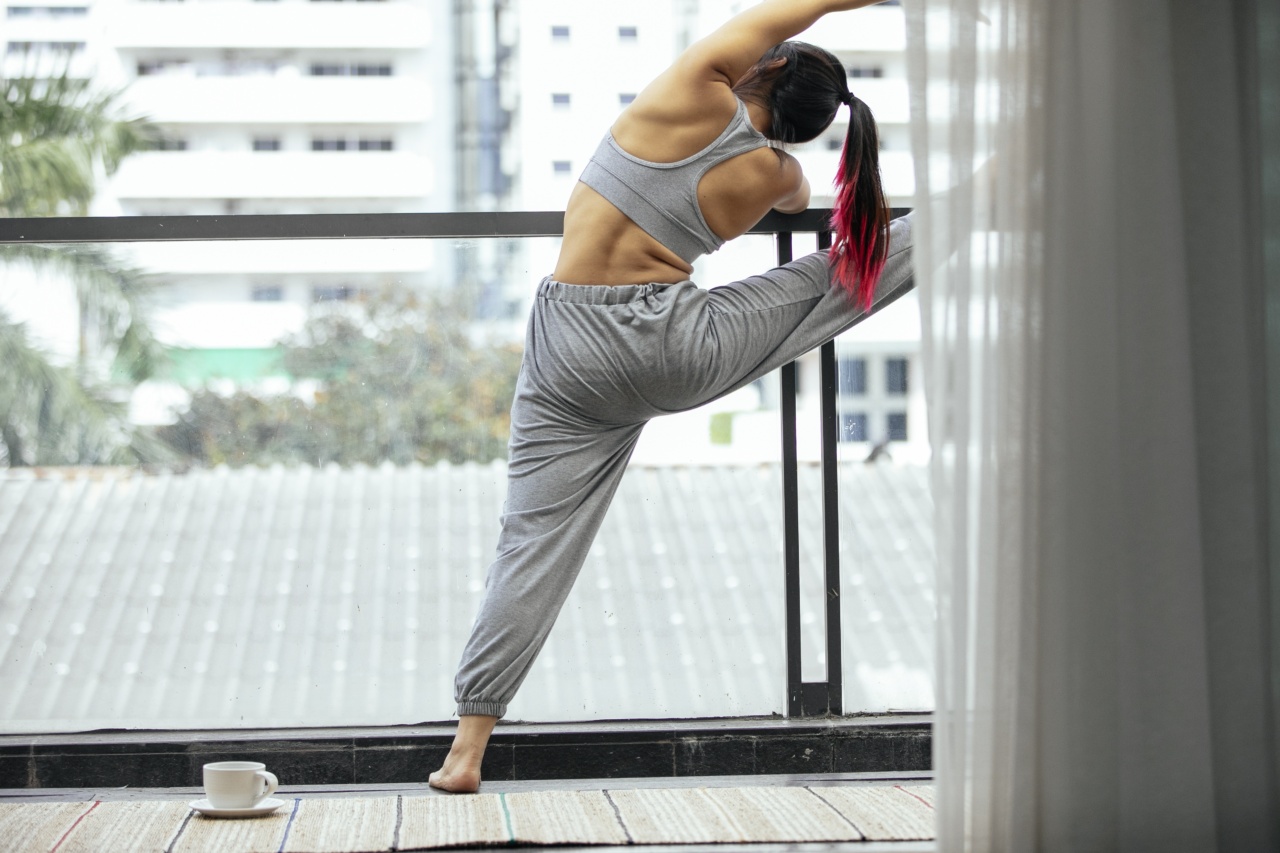Menopause is a natural biological process in women that marks the end of the reproductive stage of life. It is diagnosed when a woman has not had a menstrual period for 12 months.
However, in some cases, women may experience menopause at an earlier age than usual, which is known as early menopause. Early menopause occurs in less than 1% of women under 40 years old and 5% of women under 45 years old. Factors such as genetics, smoking, and certain medical treatments can increase the risk of early menopause.
But, does exercise affect early menopause? Let’s discuss.
What is Menopause?
Menopause is a natural transition that occurs in women’s bodies when they reach the end of their reproductive years. The ovaries stop producing eggs, and the levels of estrogen and progesterone decrease.
Menopause can cause a variety of symptoms in women, including hot flashes, night sweats, mood swings, and sleeping problems. These symptoms can be managed through lifestyle changes and medications.
What is Early Menopause?
Early menopause occurs when a woman has not had a menstrual period for 12 consecutive months before the age of 40. It can also occur in women between 40 and 45 years old.
It is usually caused by a decline in the number of eggs in the ovaries or a dysfunction in the ovaries. This can be due to genetic factors, autoimmune disorders, chemotherapy, radiation therapy, or surgery that removes the ovaries.
The Connection Between Exercise and Early Menopause
Studies have shown that exercise can delay the onset of menopause and reduce the severity of symptoms. However, there is limited research on the connection between exercise and early menopause.
A study published in 2016 found that women who exercised regularly had a lower risk of early menopause than those who didn’t. The study followed over 107,000 women for 20 years and found that women who engaged in high levels of physical activity had a 17% lower risk of early menopause than those who engaged in low levels of physical activity.
However, another study published in 2017 found no significant association between physical activity and early menopause.
The study followed over 123,000 women for 20 years and found that physical activity did not affect the onset of early menopause in women.
What Types of Exercise are Best for Menopause?
Studies have found that both aerobic exercise and resistance training can benefit menopausal women in different ways.
Aerobic exercise, such as jogging, swimming, and cycling, can help manage weight, improve heart health, and reduce the risk of chronic diseases. Resistance training, such as weightlifting and bodyweight exercises, can improve bone density, muscle mass, and strength.
A combination of aerobic exercise and resistance training is the most effective for managing menopausal symptoms and improving overall health.
The American College of Obstetricians and Gynecologists recommends at least 150 minutes of moderate-intensity aerobic exercise or 75 minutes of vigorous-intensity aerobic exercise per week and strength training exercises twice a week for menopausal women.
Conclusion
There is some evidence to suggest that exercise can delay the onset of menopause and reduce the risk of early menopause.
However, not all studies support this connection, and further research is needed to understand the relationship between exercise and early menopause. Nevertheless, exercise is recommended for its many health benefits, including improving heart health, managing weight, and reducing the risk of chronic diseases.



























